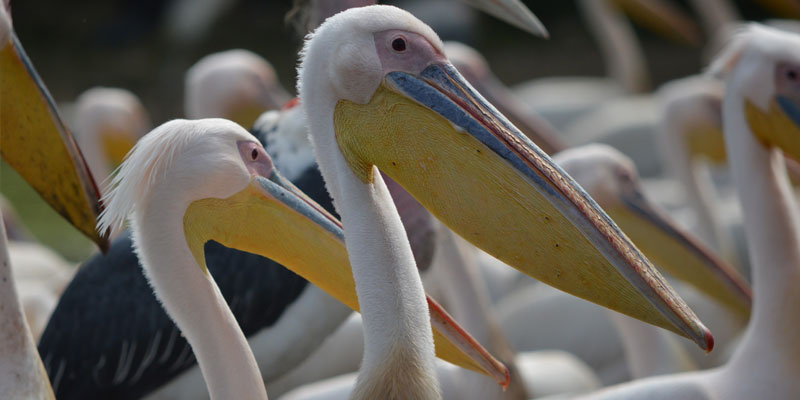
Philias and phobias
News and views

Clemency Cooper’s PhD research aims to understand how perceptions of thelandscape have shaped the North York Moors, and how evidence of past changemight influence decisions about its future character.

Molly Brown draws on sources from across the UK, Africa and Asia to highlight the role that demand has played in forming our values towards ivory and elephants.
